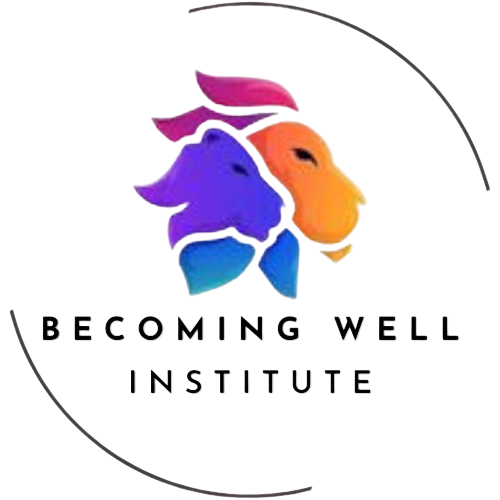“Trauma” is a word we use a lot on this site. Maybe you’re still wondering: “Have I experienced trauma before?” It’ll help to learn what trauma means.
Trauma is a broad term, and it can refer to a lot of different things. Psychology Today describes it as “the experience of severe psychological distress following any terrible or life-threatening event.”
People’s responses also vary widely. Anger, guilt, distress, and sadness are all common. The way you react to trauma might differ from how your loved ones react – and that’s okay.
The name might make it obvious, but trauma is linked with PTSD, or post-traumatic stress disorder. Often, people who have experienced trauma suffer PTSD in the months or years after the event. Our bodies and brains react strongly to the trauma.
- Trouble sleeping
- Self-destructive behavior
- A sense of detachment or avoidance
- Avoidance of reminders of the event, which may cause you distress, and others.
Take a look at the list and identify whether you’ve been experiencing these things. Is there an event you keep returning to in your head? It’s possible you experienced trauma and are now distressed from its aftermath.
One of the best ways to heal from trauma is to meet with a therapist who specializes in trauma. I encourage you to find the therapist who’s the right fit for you, so you’ll have somebody you’re comfortable with to work through your trauma with. For individuals and couples with relational trauma, Becoming Well offers coaching that helps support the recovery process and take relationships from shattered to strong.
What are other possible definitions for trauma that fit your experiences?
By Courtland McPherson, MSC, LCSW

